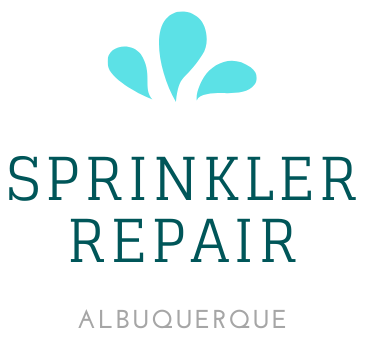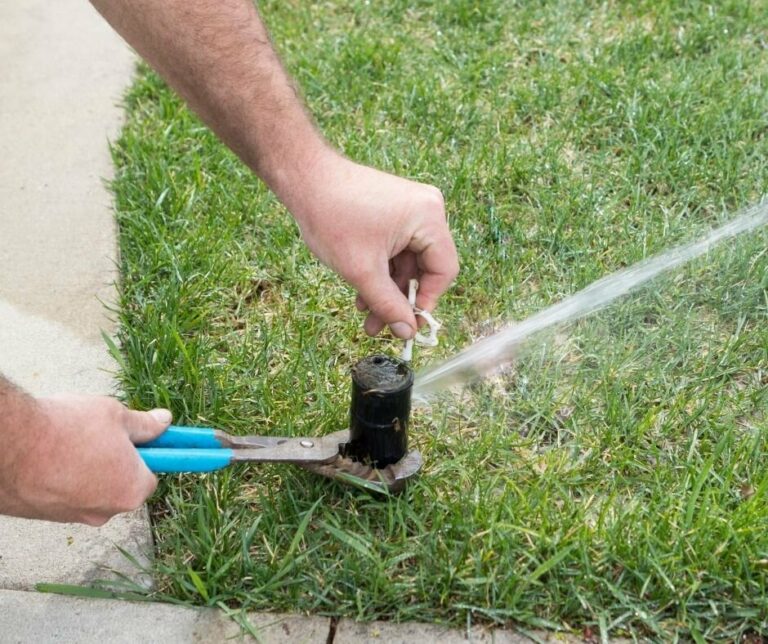As the seasons change and the cold weather approaches, it’s essential to take steps to protect your home’s vital systems from the potential damage that freezing temperatures can bring. The cold season can be harsh on your plumbing, heating, and electrical systems, potentially leading to costly repairs if not properly maintained. In this blog, we’ll discuss the importance of safeguarding your home’s systems for the cold season and provide you with valuable tips to ensure they remain in optimal condition. Please note that while we’ll offer guidance on general maintenance, it’s crucial to consult with professionals for any necessary repairs or system-specific advice.
1. Plumbing System
Your plumbing system is particularly vulnerable to cold weather. When water freezes, it expands, which can lead to burst pipes, leaks, and water damage. Here’s how to protect your plumbing system:
a. Insulate Exposed Pipes: Identify and insulate any exposed pipes in your home, especially those in unheated areas like the basement, garage, or crawl spaces.
b. Disconnect Outdoor Hoses: Disconnect and drain outdoor hoses, and shut off the outdoor water supply if possible.
c. Drip Faucets: On particularly cold nights, allow a small amount of water to drip from indoor faucets. The moving water is less likely to freeze.
d. Seal Leaks: Check for and seal any leaks around doors, windows, and foundation walls that could allow cold air to penetrate and freeze pipes.
e. Maintain Heating: Keep your home adequately heated to prevent freezing, and consider adding insulation to attics and walls for extra protection.
2. Heating System
Your heating system plays a crucial role in keeping your home comfortable during the cold season. To ensure it functions optimally:
a. Schedule Professional Maintenance: Have your heating system professionally inspected and serviced before the cold season arrives. This will help identify and address any potential issues.
b. Replace Filters: Regularly replace or clean air filters to maintain efficient airflow and reduce strain on the system.
c. Inspect Vents and Chimneys: Ensure that vents and chimneys are clear of debris and obstruction, and consider installing a carbon monoxide detector if you haven’t already.
d. Check Thermostat: Test your thermostat to ensure it accurately controls the temperature. Consider upgrading to a programmable thermostat for energy savings.
e. Bleed Radiators: If you have a hot water heating system, bleed the radiators to remove air pockets that can hinder their efficiency.
3. Electrical System
While electrical systems may not be as affected by cold weather as plumbing or heating, they can still face issues during the cold season.
a. Inspect Wiring: Check your home’s electrical wiring for signs of wear, damage, or loose connections. Address any issues promptly to avoid electrical problems.
b. Protect Outdoor Electrical Components: If you have outdoor electrical components, such as lights or outlets, ensure they are weatherproofed and protected from moisture.
c. Install Surge Protectors: Invest in surge protectors to safeguard your electronic devices and appliances from power surges, which can occur more frequently during storms.
d. Check Smoke Detectors: Test and replace the batteries in your smoke detectors and carbon monoxide detectors to ensure they are functioning correctly.
4. General Cold Weather Tips
In addition to system-specific maintenance, here are some general tips to prepare your home for the cold season:
a. Clean Gutters: Clear gutters of leaves and debris to prevent ice dams and water damage to your roof and home.
b. Seal Windows and Doors: Use weatherstripping or caulk to seal any gaps around windows and doors to keep warm air in and cold air out.
c. Stock Emergency Supplies: Prepare an emergency kit that includes essentials such as flashlights, batteries, non-perishable food, and blankets in case of power outages or severe weather.
d. Landscape Care: Trim tree branches that could potentially fall on your home during heavy snow or ice storms.
Conclusion
Protecting your home’s vital systems for the cold season is essential for maintaining comfort, and safety, and preventing costly damage. By following these maintenance tips and regularly scheduling professional inspections, you can ensure that your plumbing, heating, and electrical systems remain in optimal condition throughout the winter months. Remember that safety should always be a priority, and consulting with professionals for specific system concerns is the best approach to safeguarding your home during the cold season.
Sprinkler Repair Albuquerque https://www.sprinklerrepairalbuquerquenm.com/


